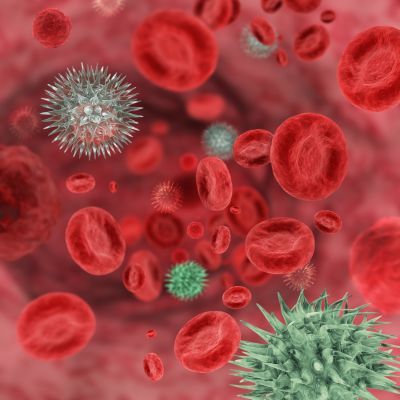Unravelling cancer invasion

Unravelling cancer invasion
Cancer represents one of the leading causes of mortality worldwide. Efforts to delineate the mechanisms implicated in cancer onset and progression will have important socioeconomic consequences.
In many aspects, cancer biology has many features resembling
developmental processes such as cell migration. Invasion represents a
fundamental step in tumour progression and is the main driving force for
metastasis and cancer-related mortality. Accumulating evidence
indicates that similar to the early stages in development, cancer cells
of many epithelial and mesenchymal tumours also invade in a collective
manner.
The detailed mechanisms and molecular determinants of this
collective invasion model are poorly understood. To shed light into this
phenomenon, the EU-funded CICCI project investigated the role of
chemokines and their receptors. Chemokines are small signalling proteins
usually implicated in immune responses that also enhance cancer
progression. However, the majority of existing data on the role of
chemokines has been obtained at the single cell level. Researchers
wished to extend these findings in vivo in mouse and zebrafish models.
To this end, they performed extensive expression analysis in
fibrosarcoma and squamous cell carcinoma cells from head and neck
tumours in three-dimensional invasion cultures. Key chemokine molecules
and their receptors were identified and validated through in vitro
inhibition or overexpression experiments. Additionally, orthotopic
tumour xenografts in nude mice were performed to evaluate the role of
chemokines in vivo.
Overall, the CICCI project provided vital information on the role of
chemokines on collective cancer invasion in vivo. Understanding the
mechanisms that drive cancer cell metastasis could unveil potential
therapeutic targets against cancer.
published: 2015-02-19